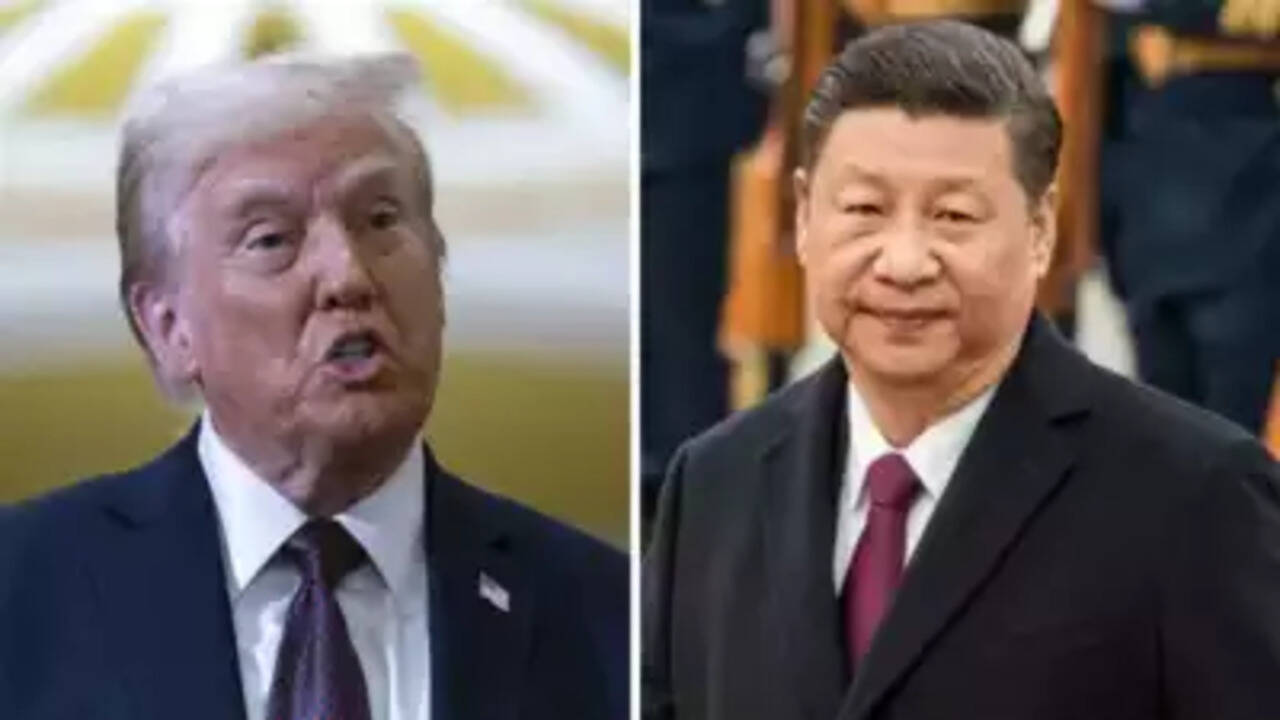Supreme Court and Trump's Immigration Policy Victory
A contentious decision by the Supreme Court on the deportation of Venezuelan gang members under the Alien Enemies Act has sparked a range of reactions in the U.S.
Published April 09, 2025 - 00:04am

Image recovered from redstate.com
The recent decision by the U.S. Supreme Court to uphold the Trump administration's invocation of the Alien Enemies Act for deportation purposes has stirred significant debate on immigration policy. The 5-4 ruling allows the administration to proceed with deporting certain illegal migrants, including Venezuelan gang members, a move that originated from an executive order signed by President Trump on March 15. This decision marks a victory for Trump, who faced numerous challenges from lower courts, particularly from federal judge James Boasberg.
President Trump's executive order aimed to address the influx of Venezuelan immigrants associated with criminal organizations like the Tren de Aragua. The order invoked the Alien Enemies Act, a law from 1798, to justify the deportations. The Supreme Court's ruling not only enables these deportations but also dictates that challenges to such deportations be filed in the jurisdiction where the individuals are detained, primarily Texas, rather than the District of Columbia, where Boasberg initially imposed a temporary restraining order.
The decision has been met with mixed reactions. Advocates of the ruling, including Trump supporters, view it as a reinforcement of presidential authority to secure national borders and ensure public safety. Former U.S. Attorney General Pam Bondi praised the Supreme Court for supporting the administration, describing the ruling as a historic victory for the rule of law. Trump himself heralded the decision on his social media platform, Truth Social, as a landmark day for American justice.
However, the decision has its detractors. Critics argue that the Alien Enemies Act should only be applied during wartime with declared foreign adversaries, a condition not currently met. The American Civil Liberties Union (ACLU), representing individuals facing deportation, has expressed concerns that the use of this outdated law circumvents due process protections for affected individuals. The organization has filed lawsuits asserting that these deportations exceed presidential powers, with claims that some deportees are wrongfully identified gang members.
Among the deported, individuals like a Venezuelan professional football player have reported being wrongly accused of gang affiliation, highlighting potential errors in the identification process. Legal representatives argue that such accusations, often based on superficial evidence like tattoos, do not adequately justify deportation under the Alien Enemies Act.
Furthermore, the Supreme Court's decision has raised concerns about the potential for an increase in executive power. As the Court has allowed the deportations to proceed while issuing guidelines on notifying deportees of their legal rights, there is continuing debate about the balance of power between the judiciary and the executive branches of government. Justice Sonia Sotomayor, among the dissenters, emphasized the risks involved in rushed deportations without thorough judicial review, warning of potential human rights violations.
The ruling's implications extend beyond the immediate case, setting a precedent for how the Alien Enemies Act could be applied in the future. It raises questions about the administration of immigration laws and the protection of civil liberties. The decision signifies a pivotal moment for the U.S. immigration policy in the context of global migration challenges and domestic political divides.





